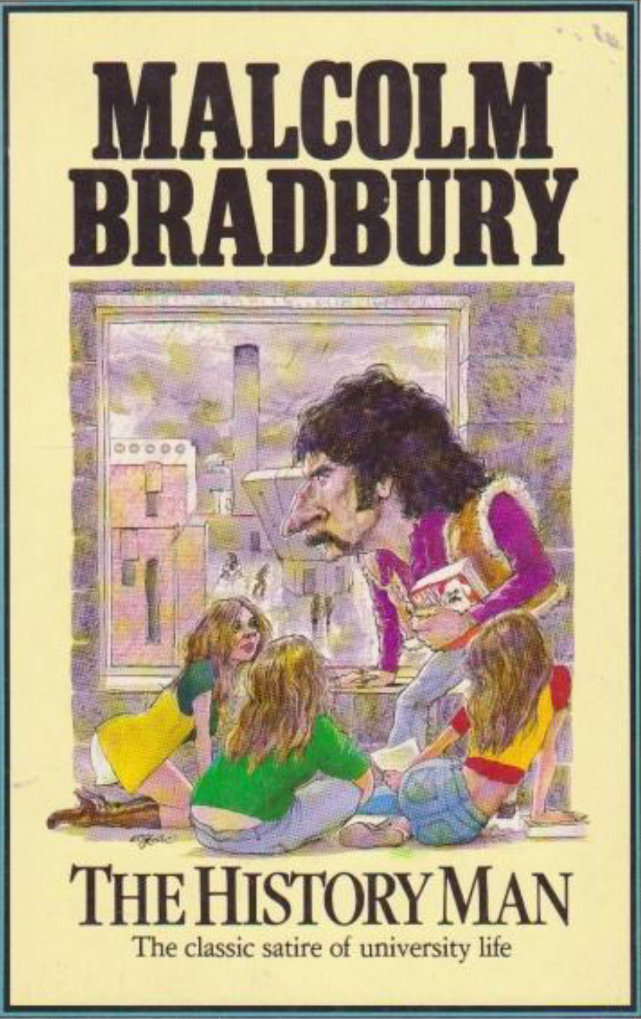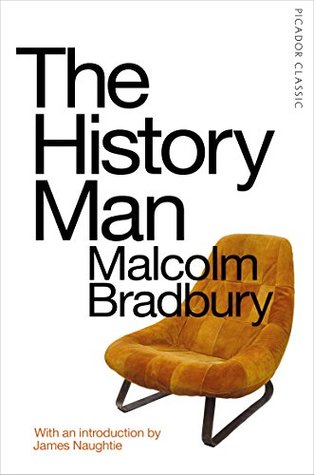What do you think?
Rate this book


230 pages, Paperback
First published January 1, 1975


There are people who ask the question 'How's the family?' and, receiving the answer 'Fine' are perfectly satisfied; there are other people, the real professionals, who expect the answer in a very different realm. Families are Flora's business; all over the world there are families, nuclear and extended, patriarchal and matriarchal, families cooked and families raw, which pause, rigid, in their work of raising children, bartering daughters, tabooing incest, practising wife-exchange, performing rites of circumcision, potlatching, as Flora enters their clearing or their longhouse or their living-room and asks, notebook in hand, 'How's the family?' It is a serious and searching question about the universe; and, Flora is seeking a universal answer. For Flora is famous for questions. When she is not in her service flat in the leafy suburb, or out in the world on fieldwork, she is to be found at meetings and congresses, in small halls in London or Zurich; here she habitually sits in a left-hand aisle seat near the front and, the paper over, rises first, a pencil held high for attention, to ask the initial and most devastating question ('I'd hoped to bring evidence to show the entire inadequacy of this approach. Happily the speaker has, presumably unconsciously, performed the task for me in the paper itself. As for my question…)Kirk’s specialty of Sociology also informs the novel’s narrative: details of décor, dress, and speech signify the characters’ places on the class and political spectra.
Trading on success, the student representatives propose that membership of the department meeting be further expanded, to include representatives from the tea-ladies. The motion is put and passed. Benita Pream, the administrative assistant, intervenes here, whispering first in Marvin's ear, then addressing the meeting; she states that under regulations the tea-ladies are not entitled to membership of department meetings. The meeting passes a recommendation urging Senate to change regulations in order to permit tea-ladies to serve on department meetings. The resolution and the preceding one are both ruled out of order from the chair, on the ground that neither refers to any item on the agenda of the meeting. A resolution that items not on the agenda of the meeting be allowed is proposed, but is ruled out of order on the grounds that it is not on the agenda of the meeting. A resolution that the chair be held out of order because it has allowed two motions to come to the vote which are not, according to standing orders, on the agenda of the meeting is refused from the chair, on the grounds that the chair cannot allow motions to come to the vote which are not, according to standing orders, on the agenda of the meeting.Also like Heller’s novel, The History Man has au fond too dark an outlook to be unequivocally classified as a “comic novel”.